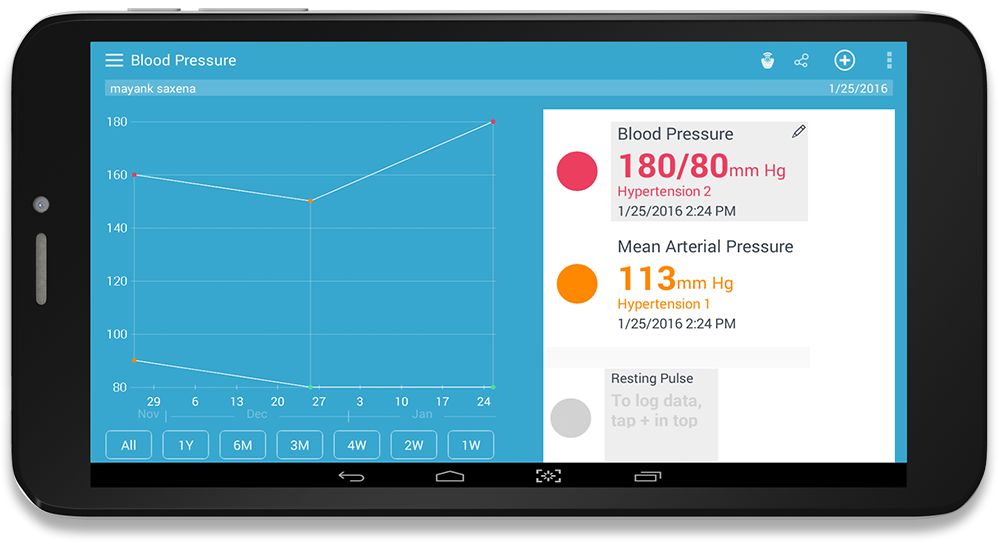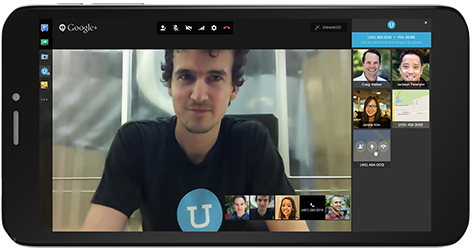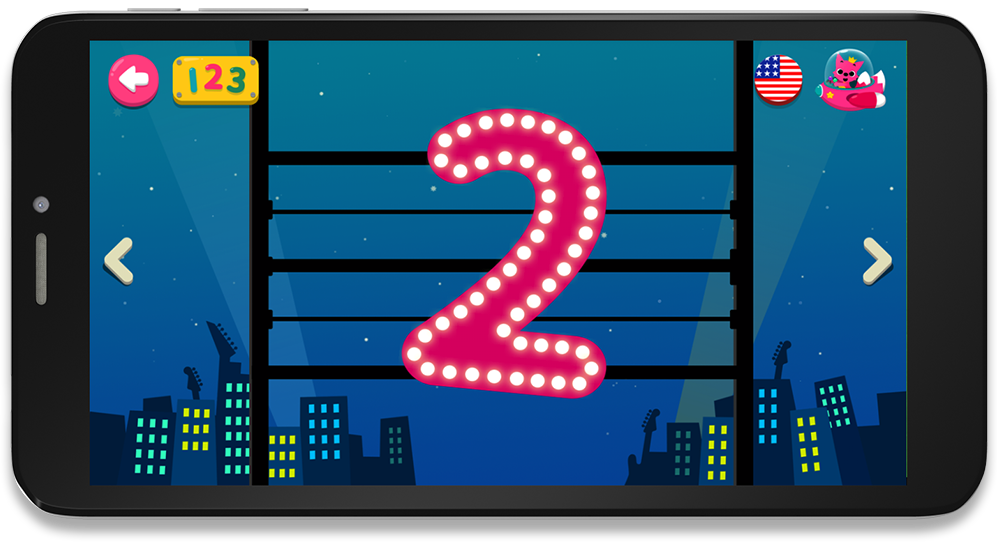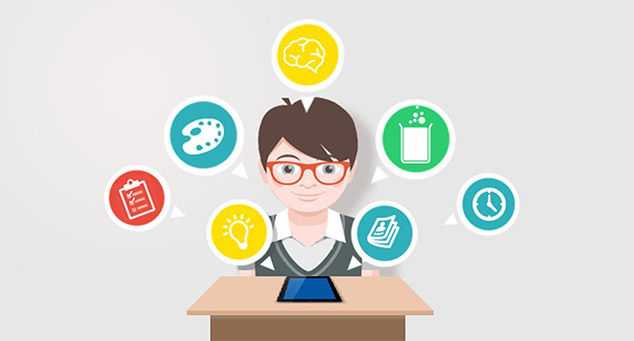
Tablets are not just cool portable devices through which you can you can play those NFS games and click high resolution pictures to put up on social media. They are versatile and powerful tools that can provide both teachers and students interactive learning materials and tons of educational apps.
While most of us grew up with pencils, notebooks, chalks and blackboards, rapid advancements in technology have given us access to a revolutionary learning tool in the form of tablets. With so many studies showing the impact of those heavy school bags on the tender spines of our children, wouldn’t it come as a relief if all the study material was in the form of ebooks that could be carried in a single device that fits into your palm?
With this thought, here’s a look at some ways in which tablets can reshape education.
4 Ways Tablets Can Help in Classrooms
Educational Apps
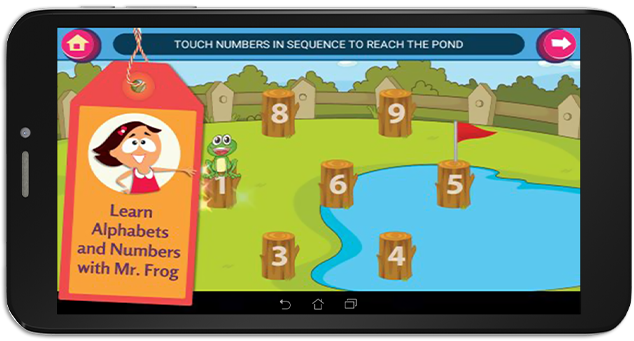
In an age where children learn to swipe before they learn to tie their shoes laces, educational apps are gaining widespread popularity, simply because they provide interactive learning through concept building, which furthers strengthens a child’s cognitive abilities, a key milestone in child development. For instance, the Kindergarten Kids Learning App, available in Google Play Store, exposes toddlers to alphabets, numbers, rhymes, objects, shapes, sports, professions, and much more, in a colourful and musical way. This encourages learning in a more engaging manner, rather than the rote learning that is typical of the Indian education system.
Paperless Innovation
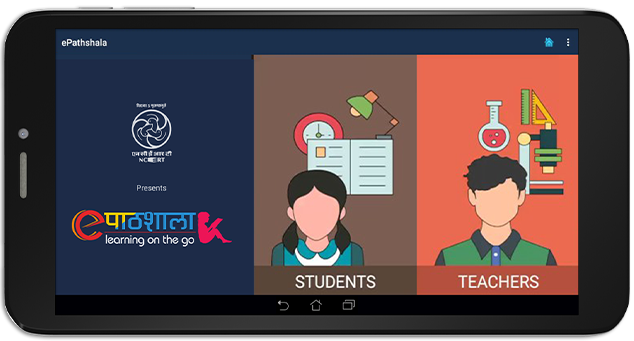
Apart from being learning aids, tablets are also a great way to save the environment. From eBooks to presentations and from homework to project submissions, the day is not far when textbooks, notebooks, pencils and sharpeners will be a part of a museum. With millions being spent on textbooks every year, just imagine the amount of trees we can save through the use of the right technology for education.
Social Media

While a vast majority of people believe that social media is not recommended for children and can be at least a distraction if not outright harmful, if used in the right way and under parental supervision, social media can literally bring educators and students together on a single platform and help them share ideas and concepts for better learning. In addition, social media can teach young people how to conduct themselves socially and also increase their general knowledge.
Beneficial for the Differently Abled
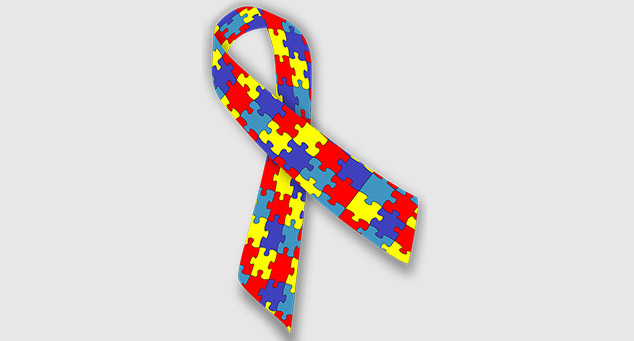
Tablets are highly beneficial for children living with dyslexia and autism, since these devices allow them to express their ideas without the burden of written assignments. Interestingly, there are some apps that also help in memory and retention, while monitoring the behavioural progress of children with disabilities.
Tablets offer a diverse range of learning tools and creative content, targeting various levels of skill, where students and teachers can work together for overall development and concept building. If this is the future of education, the future of our children is definitely bright.

